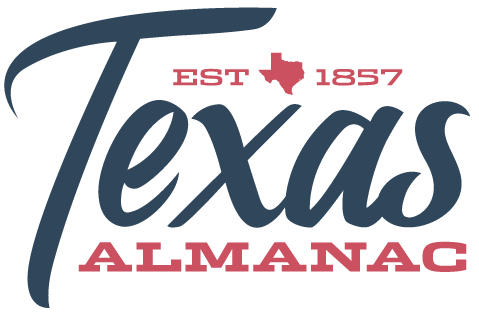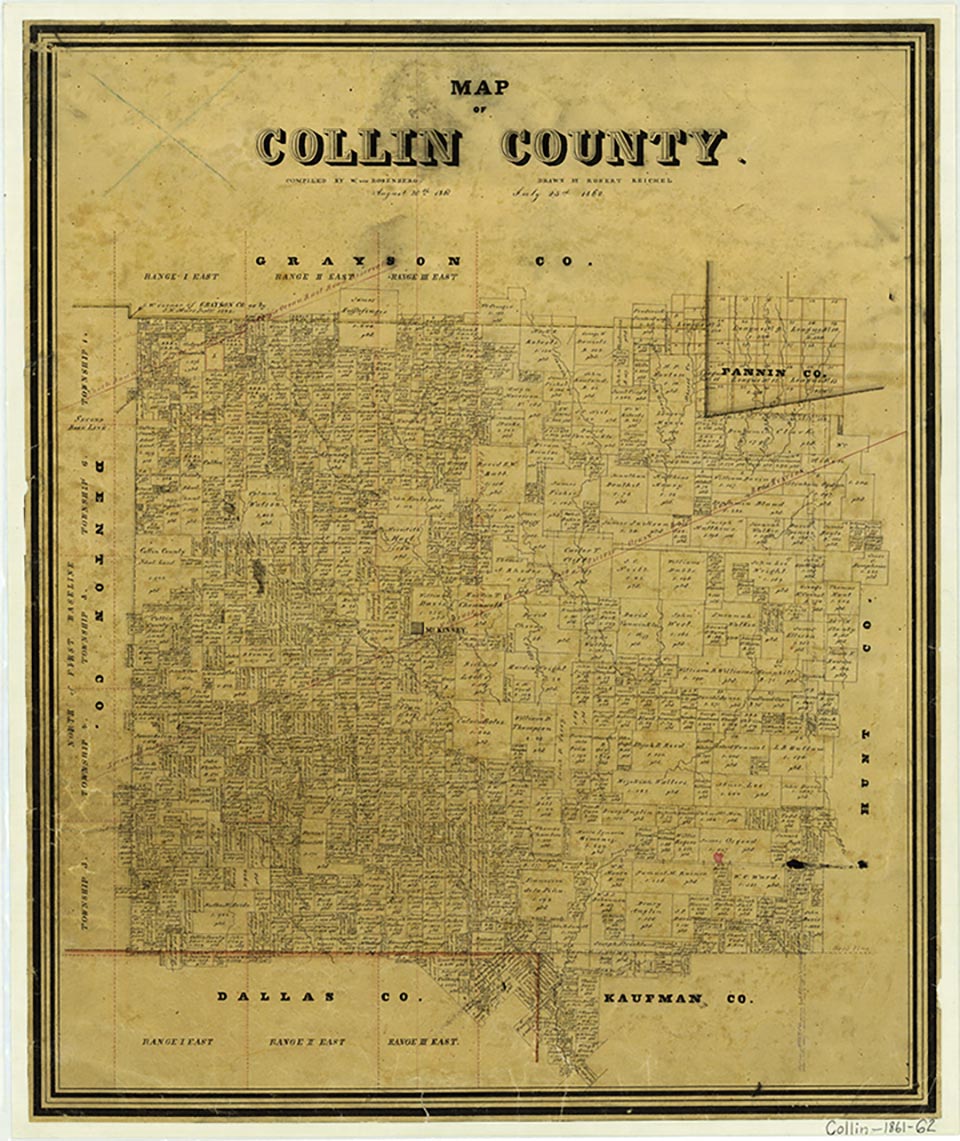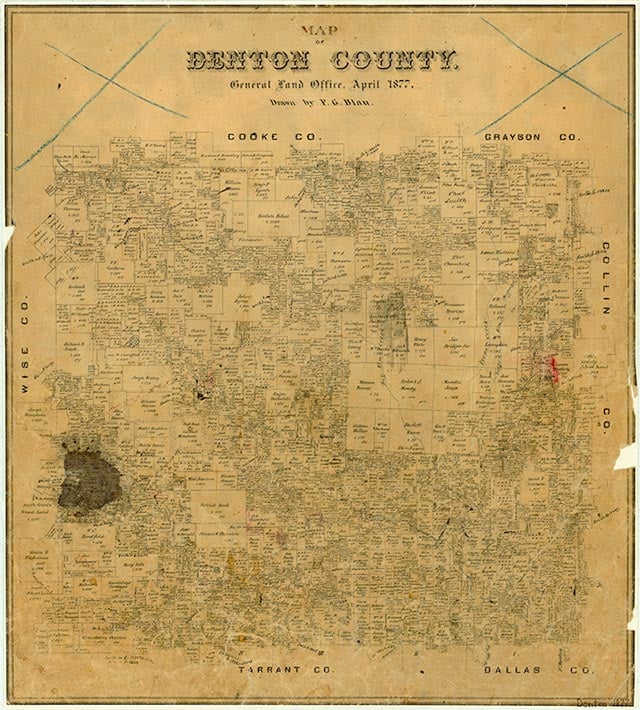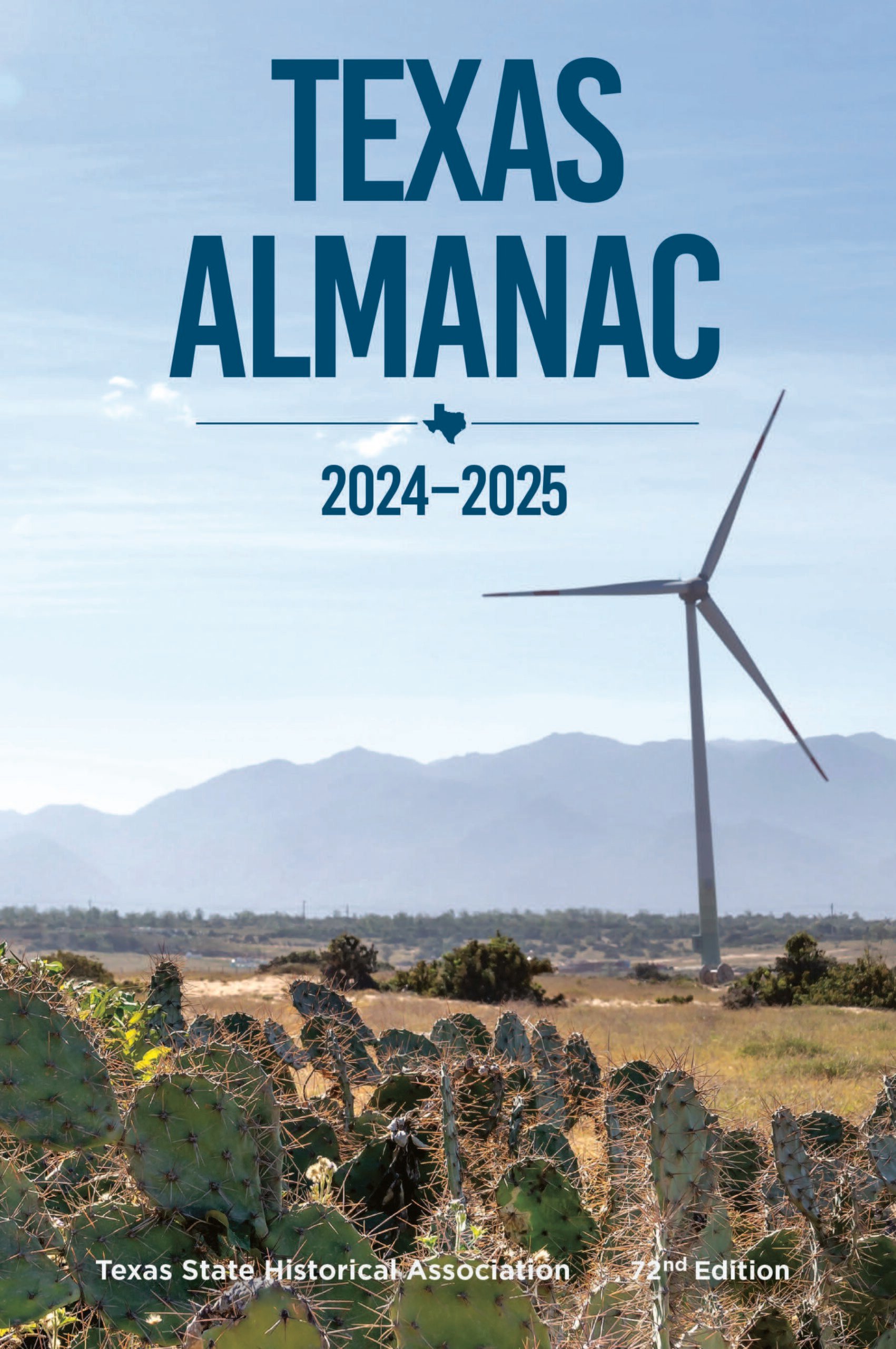Plano
Plano is on U.S. Highway 75 fifteen miles north of Dallas in southwestern Collin County. Indians killed early settlers McBain Jameson and Jeremiah Muncey in 1844, but settlers from the Peters colony moving into the area the following year met no further violence. Plano developed on the headrights of Joseph Clepper and colonist Sanford Beck when Kentucky farmer William Forman, after an 1840s scouting trip, moved to Texas with his family. Forman purchased Beck's survey in 1851, built a general store and several enterprises that formed a focal point for the sparsely settled community, and opened a post office in his home. When the town established a post office in 1852, it considered Forman and Fillmore, for President Millard Fillmore, as possible names, but postal authorities approved Plano, Spanish for "flat," suggested by Dr. Henry Dye because he understood it to mean "plain," his description of the surrounding terrain. Plano was platted and incorporated in 1873 and elected a mayor and board of aldermen that year. The public school system was organized in 1891. The Plano Institute, opened in 1882 under the direction of W. F. Mister, and the Plano Academy under Matthew C. Portman, later taken over by the public school system, were private. J. Crittenden Son and E. K. Rudolph published Plano's first newspaper, the Plano News, beginning in 1874. Early Plano industries included plumbing and stove plants, a garment factory, and an electric-wire factory. Until 1872, when the Houston and Texas Central Railway connected the community to nearby Dallas, the Shawnee Trail, which crossed west Collin County, served as a conduit for another source of area income, cattle. Though an 1881 fire destroyed fifty-two buildings and temporarily reduced Plano to a tent city, new markets opened by 1888, when the St. Louis, Arkansas and Texas Railway Company intersected the Houston and Texas Central, and Plano became a retail outlet for productive blackland-prairie farmers. By 1890 the town had a population of 1,200, two railroads, five White churches and one Black, two steam gristmill-cotton gins, three schools, and two newspapers. In 1908 Plano became an interurban stop on the Texas Electric Railroad.
Between 1900, when the population numbered 1,304, and 1960, when it reached 3,695, the town averaged an increase of about 400 new residents per decade and remained a farming community. A dramatic increase caused by the growth of Dallas and migration to the Sun Belt during the 1970s led to major public-improvement projects, while a 1970 land reappraisal raised taxes and contributed to the demise of farming in the area. In 1970 the population was 17,872. It had more than doubled five years later, then doubled again by 1980, when the total surpassed 72,000, more than half from outside of Texas. By the mid-1980s Plano overtook McKinney as the commercial, financial, and educational center for Collin County with an estimated 1,000 businesses. Plano was the corporate home of Frito-Lay Corporation, a satellite communication system, and computer manufacturers. By 1990 it was a city of seventy-two square miles with a population of 128,713. The Farrel-Wilson Farmstead Museum (Heritage Museum), which occupies a former sheep ranch, provides the only evidence that Plano was once a small rural farming community. Like other Collin County cities Plano traditionally voted Democratic, but as the number of farmers and native Texans declined, Republican voters increased. By the middle 1980s Texas Republicans could rely on Plano to support both state and national party tickets. Three colleges have made Plano their home: the University of Texas, formerly the Graduate Research Center of the Southwest, now in Richardson; the University of Plano, no longer in existence; and a branch of the Collin County Junior College system. Plano was home to the Dallas Americans, a professional soccer team, in the early 1980s. Each September the city hosts balloon races, for which it is nicknamed the Balloon Capital of Texas. The city has one daily newspaper, the Plano Daily Star Courier, and one radio station. In 2000 Plano had 7,726 businesses and 222,030 inhabitants.
Shirley Schell, Frances B. Wells | © TSHA

Adapted from the official Handbook of Texas, a state encyclopedia developed by Texas State Historical Association (TSHA). It is an authoritative source of trusted historical records.
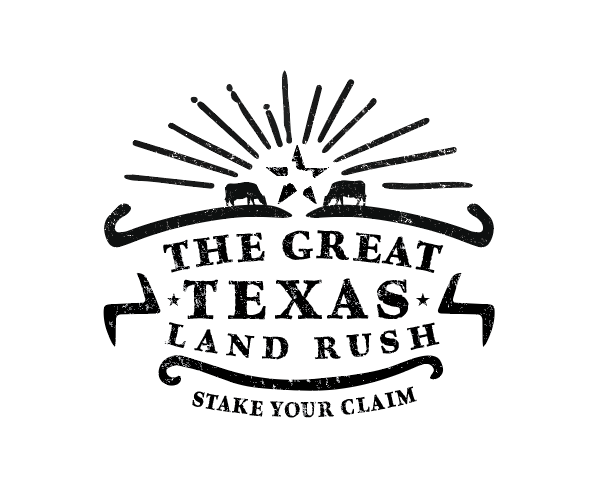
- ✅ Adoption Status:
Belongs to
Plano is part of or belongs to the following places:
Currently Exists
Yes
Place type
Plano is classified as a Town
Location
Latitude: 33.05018170Longitude: -96.74851700
Has Post Office
Yes
Is Incorporated
Yes
Population Count, 2021 View more »
288,253
Places of Plano
| Place | Type | Population (Year/Source) | Currently Exists |
|---|---|---|---|
| College or University | – | Yes |
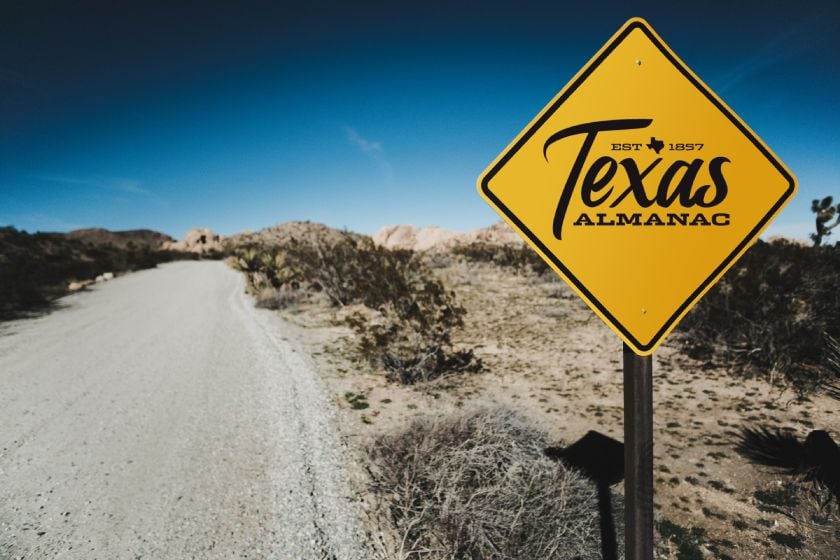
Proud to call Texas home?
Put your name on the town, county, or lake of your choice.
Search Places »
